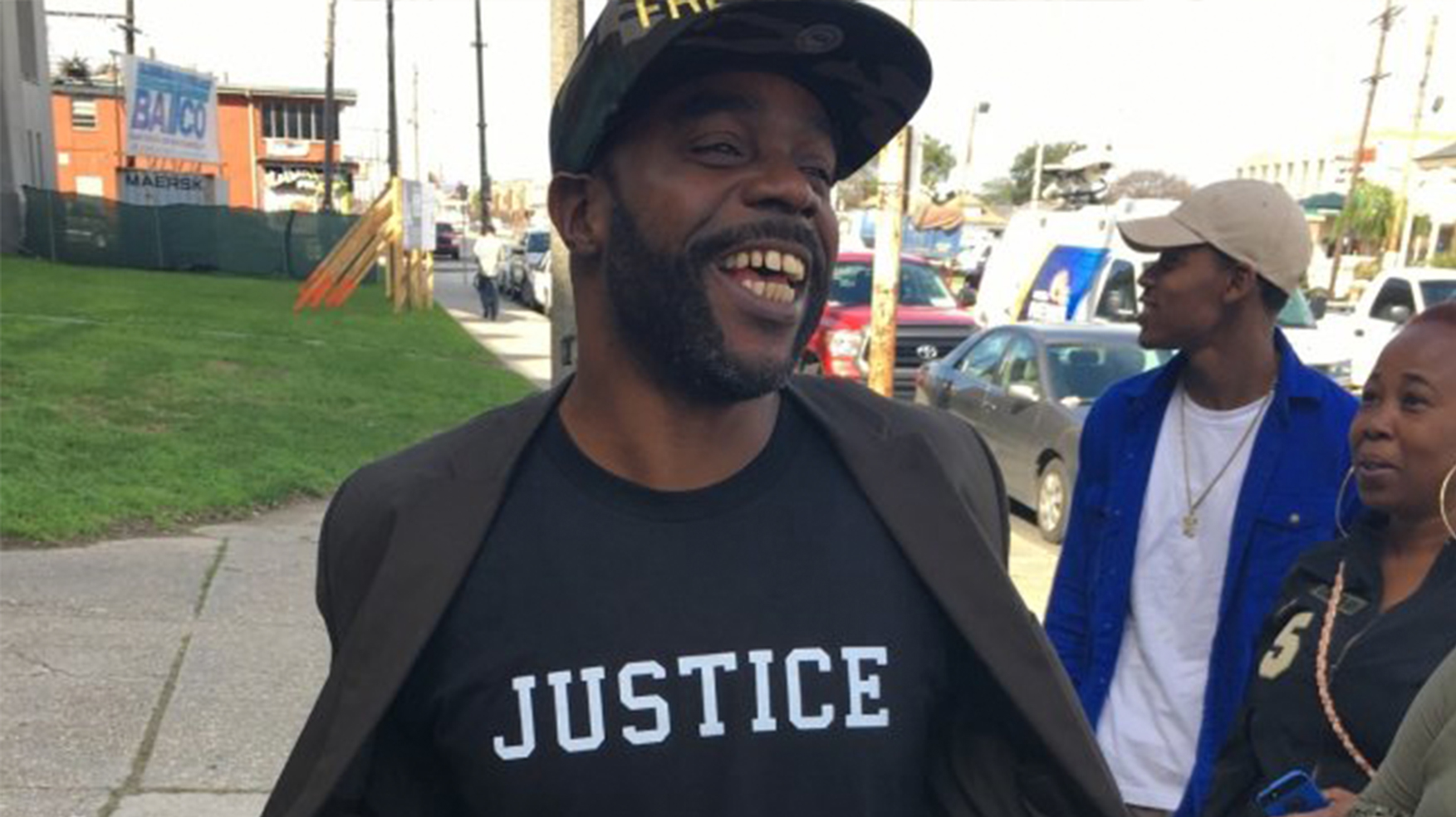BLACK POP
[E!/PEACOCK]
Black Pop will explore how Black Americans have impacted and shaped culture through film, television, music and comedy.
THE PROBLEM WITH JON STEWART
[APPLE TV+]
It's easy to feel overwhelmed by the world's problems. It's harder to pinpoint the systems responsible for creating them. In this series, Jon Stewart brings together people impacted by different parts of a problem to discuss one big question: How do we come up with change?
TED TALK ON BLACK MILLENNIALS
[TED.COM]
Millennials are now the largest, most diverse adult population in the US -- but far too often, they're reduced to the worn-out stereotype of lazy, entitled avocado toast lovers, says author Reniqua Allen. In this revealing talk, she shares overlooked stories of millennials of color, offering a broader, more nuanced view of the generation. "Millennials are not a monolith," she says.
The Meaning of a Monument
[American Museum of Natural History]
"The Meaning of a Monument” includes interviews with historians, art historians, American studies scholars, and museum experts, including two Mayoral Advisory Commission members; a contemporary sculptor; and visitors from the city, the nation, and around the world about the history of the Theodore Roosevelt equestrian statue on the Museum's steps and how it is understood and experienced today.
Louisiana Justice
In America’s capital of wrongful conviction, a man is imprisoned at 19 for a murder and rape he didn’t commit – and spends nearly a quarter century fighting to be freed.
Against All Odds
[PBS]
Have African Americans had a fair shot at the American dream? That’s the question acclaimed journalist Bob Herbert asks in the award-winning documentary “AGAINST ALL ODDS: The Fight for a Black Middle Class." In it he examines the often heroic efforts of black families to reach the middle-class in the face of unrelenting barriers.
In Jesus’ Name… We Legislate
[WNYC]
There’s been much progress for the LGBTQ community over the past decade: the legal debate over same-sex marriage has been resolved, popular culture has largely embraced gay and lesbian people, and transgender people are gaining legal recognition. But as LGBTQ people make these strides, other groups have begun to claim that their religious rights are threatened by these cultural and political shifts. Now, these religious groups are asking for protections too. This year alone, dozens of bills have been introduced in state legislatures across the country, aiming to restore or protect the freedom of religion clause of the First Amendment. There have been fights over a bakeries refusing to bake a cakes for same-sex wedding ceremonies, doctors who wish to refuse services to transgender folks because of religious beliefs, and more.
In this episode, we travel to the state of Mississippi, where a bitter fight against a religious freedom bill called HB 1523 is being waged between the state and a group of people who say the bill violates their civil liberties -- even their religious freedom itself. The bill, aimed to protect people of faith from “government discrimination,” defines marriage as a heterosexual union, says that sex belongs only within a marriage between a man and a woman, and calls gender a fixed trait at birth. Mississippi governor Phil Bryant said HB 1523's goals do not include discrimination or harm, but said of its opponents, “If they’re interested in protecting people’s rights and also understand that people of faith have rights.”
Why Today’s Black Youth March On Washington
[Billmoyers.com]
Black youth activists across the country have had a busy summer — protesting the George Zimmerman verdict, helping ensure that everyone has an equal opportunity to vote, and fighting against policies like stop and frisk and Stand Your Ground. As the nation celebrates the 50th anniversary of the March on Washington, young black activists gathered at the Mall in Washington, D.C. on Saturday, not only to commemorate the past, but to strategize about how to create a better future. In this short video filmed at the Black Youth Vote! pre-march rally and the Realize the Dream March on the steps of the Lincoln Memorial, black youth explain what brought them to nation’s capital and why their voices matter in the 21st-century struggle for civil rights.
Hot Coffee
[HBO]
Seinfeld mocked it. Letterman ranked it in his top ten list. And more than fifteen years later, its infamy continues. Everyone knows the McDonald’s coffee case. It has been routinely cited as an example of how citizens have taken advantage of America’s legal system, but is that a fair rendition of the facts? Hot Coffee reveals what really happened to Stella Liebeck, the Albuquerque woman who spilled coffee on herself and sued McDonald’s, while exploring how and why the case garnered so much media attention, who funded the effort and to what end. After seeing this film, you will decide who really profited from spilling hot coffee.
We’re Not Broke
[Amazon Prime]
WE’RE NOT BROKE tells the story of U.S. corporations dodging billions of dollars in income tax, and how seven fed-up Americans take their frustration to the streets…and vow to make the corporations pay their fair share.
Bill Moyers Journal [PBS]
Reverend Jeremiah Wright in his first broadcast interview with a journalist since he became embroiled in a controversy for his remarks and his relationship with Barack Obama.






